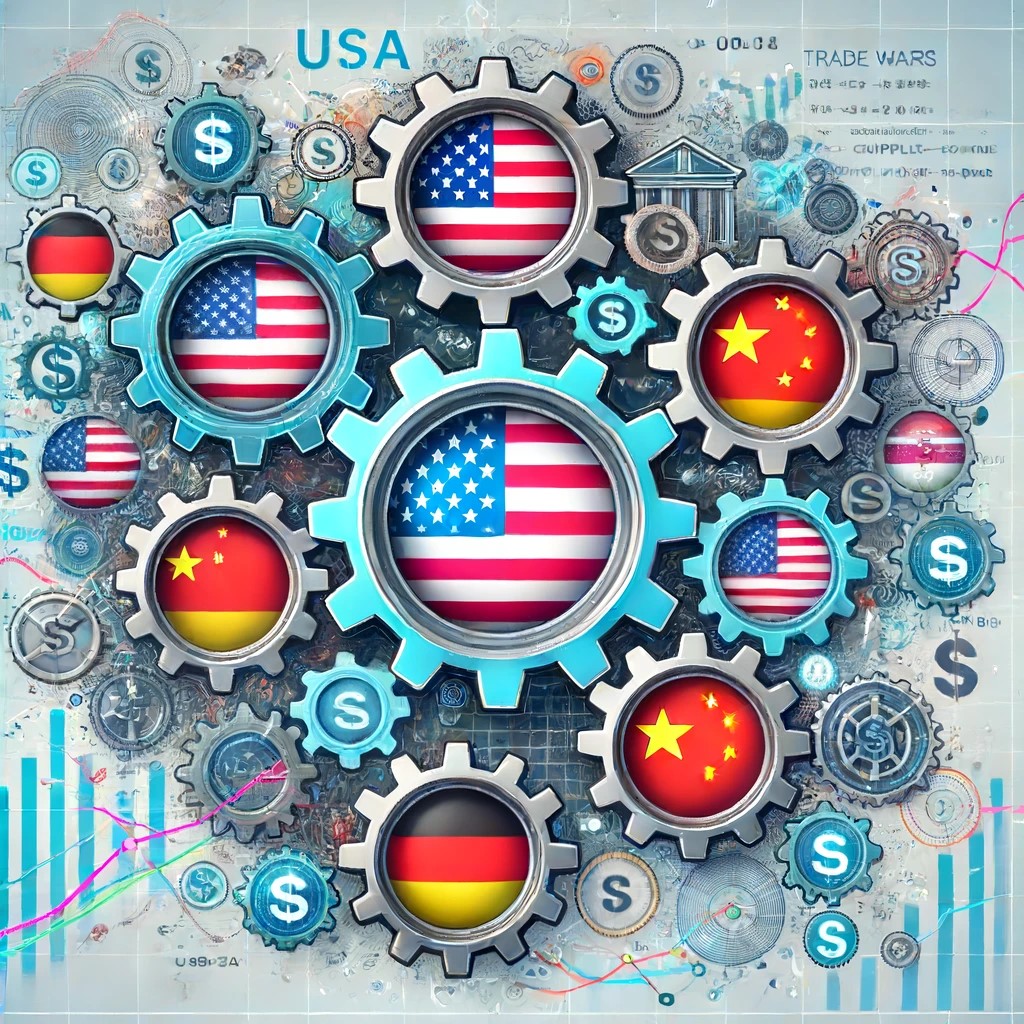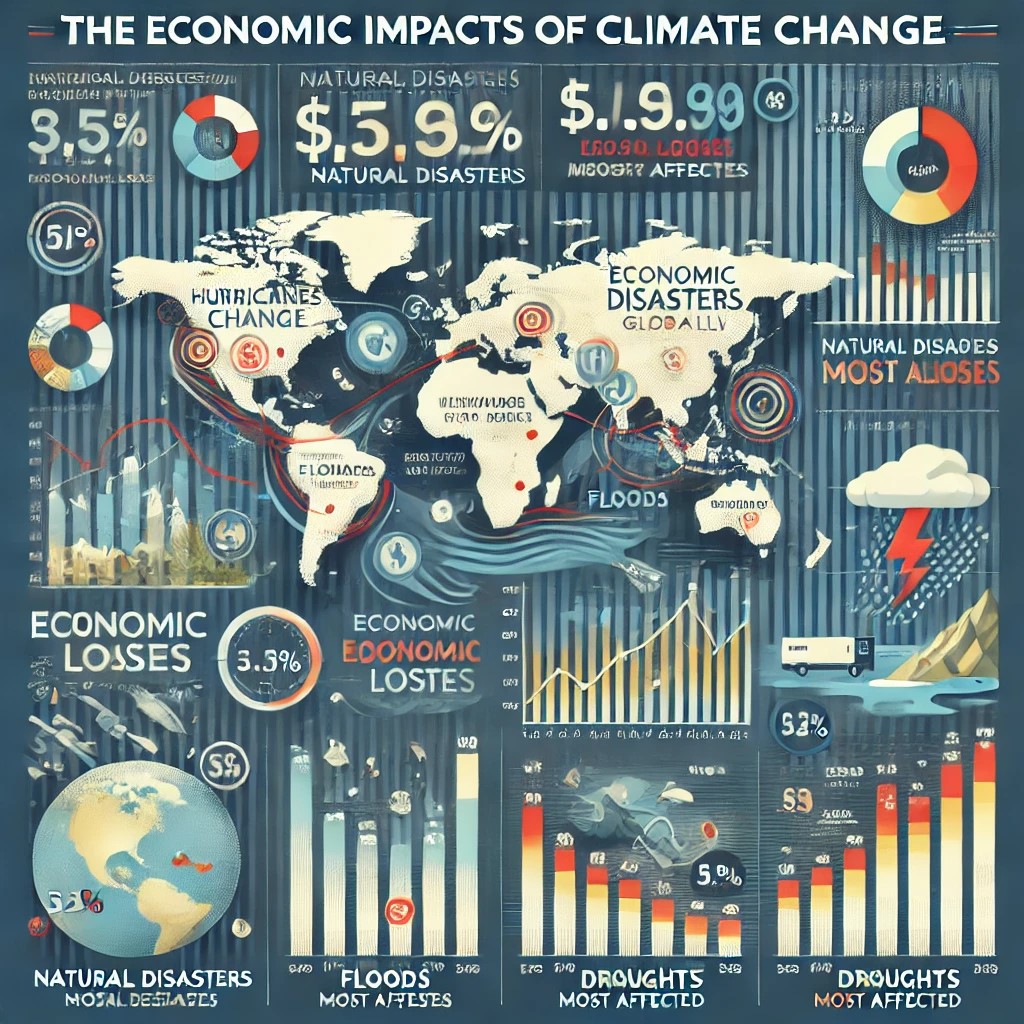In recent years, trade wars have become a central theme in global economics, influencing financial markets around the world. These economic conflicts occur when countries impose tariffs or quotas on imports to protect domestic industries but often lead to retaliatory actions, creating a cycle of economic retaliation. This article examines the current impact of trade wars on global financial markets and discusses potential future trends.

Current Impact of Trade Wars
1. Market Volatility: One of the most immediate effects of trade wars is increased volatility in global financial markets. Announcements of new tariffs can lead to sharp declines in stock prices, particularly in sectors directly affected by the tariffs, such as manufacturing and technology. For example, significant movements in the U.S. and Chinese stock markets have been directly linked to announcements regarding trade policies between these two economic powerhouses.
2. Supply Chain Disruptions: Trade wars often force companies to rethink and restructure their supply chains, which can be costly and time-consuming. This disruption can affect global supply chains, increasing costs for manufacturers and consumers alike. Companies with international production networks, such as automobile manufacturers and electronics firms, are especially vulnerable to these changes.
3. Impact on Interest Rates: Central banks may adjust monetary policies in response to trade wars. For instance, faced with a slowing economy due to increased trade barriers, a central bank might lower interest rates to stimulate economic activity. These changes can influence bond yields and currency values, affecting global investment patterns.

Future Predictions for Trade Wars and Financial Markets
1. Diversification of Supply Chains: One long-term impact of ongoing trade wars could be the diversification of supply chains. Companies are likely to reduce their dependency on any single country, spreading their operations across multiple countries to mitigate risks. This could lead to a more stable global supply chain system but may also increase operational costs.
2. Shifts in Currency Power: Trade wars can lead to significant fluctuations in currency values. Countries facing heavy tariffs may see their currencies weaken, which can make their exports cheaper and more competitive internationally. Conversely, this might lead to stronger currencies for those imposing tariffs, making their exports more expensive and potentially reducing their competitive edge.
3. Reevaluation of Global Trade Agreements: The ongoing tensions might lead to a reevaluation and potential restructuring of existing global trade agreements. Countries could seek to form new alliances to bypass hostile trade partners, which could reshape global trade dynamics extensively.

Conclusion
Trade wars significantly impact global financial markets, inducing volatility, disrupting supply chains, and influencing currency values. While these wars can protect certain industries domestically, they often do so at the cost of broader economic inefficiencies and global market disruptions. Looking forward, the landscape of international trade may witness substantial changes as nations adapt to the realities of trade wars by diversifying supply chains and renegotiating trade agreements. As such, businesses and investors must remain vigilant, adapting to the ever-changing economic environment that trade wars perpetuate.

The Impact of Global Economic Shifts on Financial Markets

How to Invest in Renewable Energy Stocks

The Influence of Political Instability on Global Financial Markets

How to Build a Passive Income Portfolio

The Economic Impact of Climate Change

Crypto Wallets Demystified: Which Type Is Right for You?

The Role of Corporate Debt in Financial Markets: Current Trends and Future Predictions
